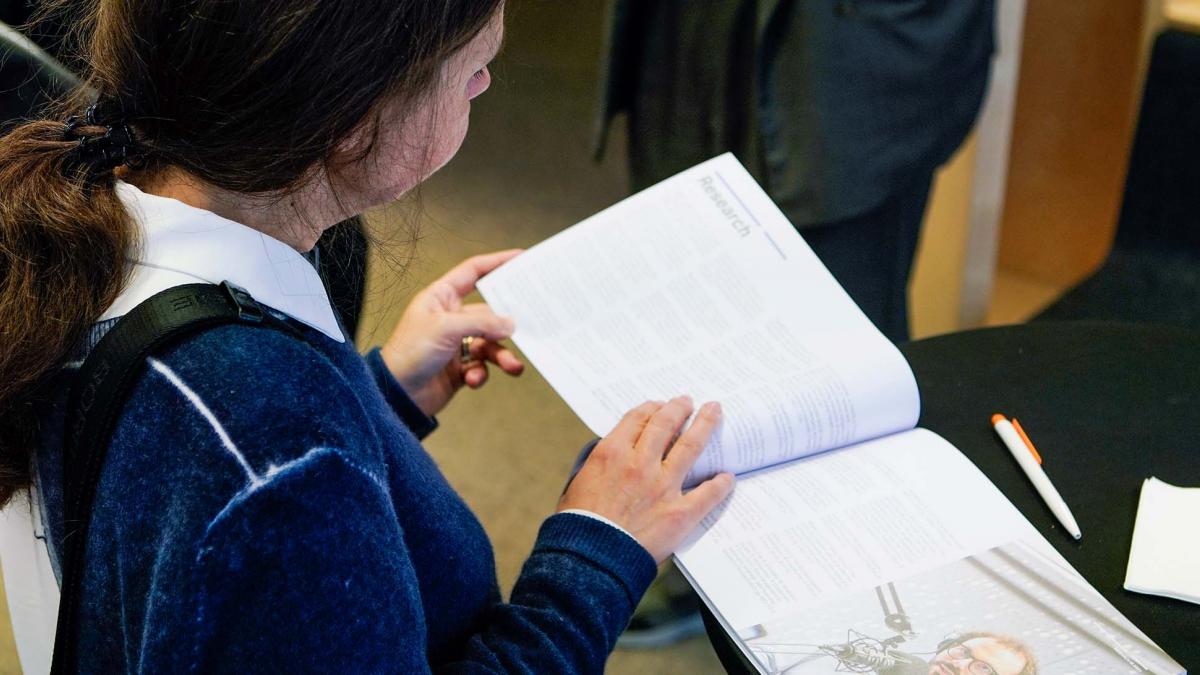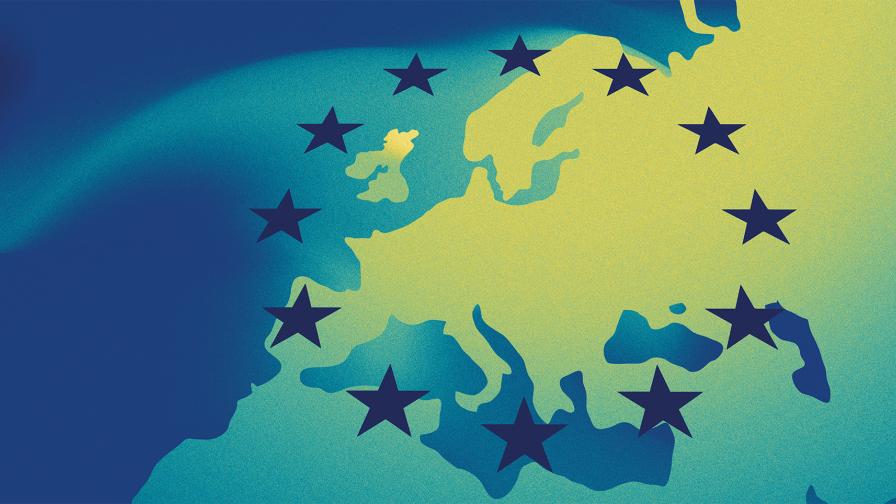
Publications
Economic analysis and policy recommendations based on rigorous academic underpinnings
Recent publications

The impact on the European Union of Ukraine’s potential future accession
This report evaluates the impact on the EU of a possible EU accession of Ukraine, focusing on economic consequences and institutional developments.

Inclusive digital economy: a round-up of project research
The rise of automation, remote employment and a diversifying workforce will necessitate a shift in how we interact with new technology

Economic arguments in favour of reducing copyright protection for generative AI inputs and outputs
The licensing of training inputs slows down economic growth compared to what it could be with competitive and high-quality GenAI

The rocky road to EU accession for Western Balkan countries: obstacles and lessons from the Eastern Partnership
The three eastern European states had practically no waiting time before being accepted as candidate countries right after application

Emerging countries have replaced most of Russia’s lost trade with advanced economies
Russian trade overall seems to have suffered little from sanctions; meanwhile, medicine and food trade continues with sanctioning countries
Publication list
Policy brief
27 February 2023
A model for a participative approach to digital competition regulation
The participative approach aims to involve regulated firms, stakeholders and regulators in the design of compliance measures
Policy brief
23 February 2023
How Europe should answer the US Inflation Reduction Act
This policy brief explains what is in the IRA, the impact on the EU and other economies, and how the EU should react.
Blog post
20 February 2023
Is Europe failing on import diversification?
Despite a goal of economic self-reliance, the European Union’s imports are generally sourced from an increasingly limited set of suppliers.
Blog post
20 February 2023
The difficulty of designating gatekeepers under the EU Digital Markets Act
The European Commission should be more precise and transparent when designating gatekeepers under the European Union’s Digital Markets Act.
Essay
14 February 2023
A limping transition: the former Soviet Union thirty years on
The purpose of this essay is to assess where FSU countries are 30 years after the break up of the USSR in terms of their economic and political system
Blog post
09 February 2023
Europe’s half a million barrels per day diesel supply question
A new European Union embargo on Russian oil products should not affect EU diesel supplies and prices, but could encourage re-routing by Russia.
Policy brief
08 February 2023
Climate versus trade? Reconciling international subsidy rules with industrial decarbonisation
Environmental subsidies could be justified when emissions taxation is not feasible or is insufficient due to political economy constraints.
Policy brief
06 February 2023
How best to ensure international digital competition cooperation
International cooperation on digital markets must ensure competition cases and laws around the world are consistent.
Policy brief
02 February 2023
Preparing for the next winter: Europe’s gas outlook for 2023
We explore in detail the two pillars of energy security: LNG supply and the nature and volume of natural-gas demand reductions.
Blog post
31 January 2023
Web3: the next internet revolution
Tokenisation based on blockchain technology could bring radical changes to markets for goods and services.
Blog post
23 January 2023
Has the Digital Markets Act got it wrong on app stores?
The app-store obligations in the European Union’s Digital Markets Act are unlikely to weaken the market power of Apple and Google.
Working paper
23 January 2023
The hidden inequalities of digitalisation in the post-pandemic context
Digital automation has affected working conditions quite broadly, beyond job loss, in several other important ways.
Blog post
16 January 2023
Understanding barriers and resistance to training in the European Union
People with less education are also less able and willing to participate in training; understanding why is essential to prevent a widening skill gap.
Working paper
09 January 2023
Pro- and anti-competitive provisions in the proposed European Union Data Act
This paper explores several pro- and anti-competitive provisions included the proposed EU Data Act.
Policy brief
22 December 2022
Don’t look only to Brussels to increase the supply of safe assets in the European Union
A sufficient supply of safe assets denominated in euros is critical if the European Union is to achieve a full banking and capital markets union.
Working paper
20 December 2022
The impact of the Ukraine crisis on international trade
The direct aim of trade sanctions seems to have been achieved, while Russia’s capacity to finance the war from fossil fuel revenues is bound to shrink
Republishing and referencing policy
Bruegel considers itself a public good and takes no institutional standpoint. Anyone is free to republish and/or quote any of our posts without prior consent. Please provide a full reference, clearly stating Bruegel and the relevant author as the source and include a prominent hyperlink to the original post.
Topics
Browse publications by topic

European governance

Energy and climate policy

Digital economy, labour markets, skills and health

Banking and capital markets

Global economy and trade policy

Inclusive economy
